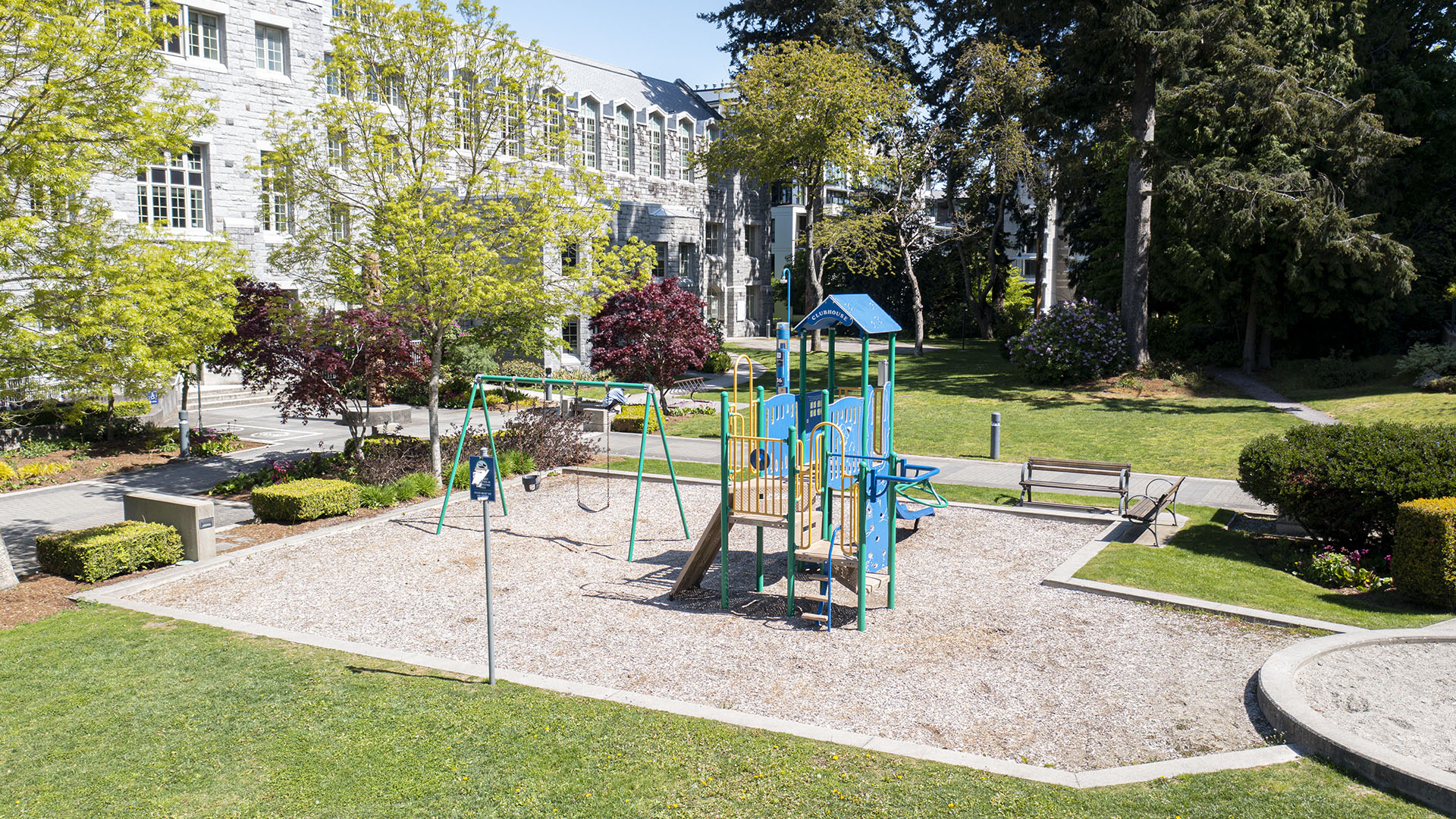First, I would like to express my gratitude to The Campus Resident for allowing me the opportunity to publish this op-ed. Although it contains some critiques of the UNA, the editorial team’s decision to publish it reflects the newspaper’s commitment to independence and the importance of diverse voices within our community.
The UNA’s expenditure has nearly doubled from $4 million in 2019 to an anticipated $8 million in 2024. However, residents who are paying more in taxes have not observed significant positive changes in the community, raising concerns about the inefficient use of funds.
Since October last year, I have repeatedly raised concerns and provided detailed feedback regarding the UNA’s operational efficiency and financial issues. This includes the board meeting on October 17, 2023, numerous emails, and multiple direct discussions with UNA board members.
Unfortunately, these efforts have not resulted in any substantive progress.
The new budget has failed to critically review past issues and continues with the previous budgeting approach.
This lack of action led me to initiate a petition on January 25th at https://www.change.org/una-budget-2024 to amplify residents’ concerns and their suggestions. As of January 31, the petition has received 322 signatures, with the number still growing.
Due to space constraints, I cannot fully reproduce the text of the petition here, but I would like to summarize the overarching concerns of UBC residents regarding the UNA 2024–25 Draft Budget:
- 1. The annual budget is crucial for UNA’s operations, yet there seems to be a lack of thorough review and oversight by the board. Although there are minutes of board meetings over the past nine months, the key budget review meetings in November 2023 and January 2024 lack records. Moreover, there’s barely any change between the first and second drafts of the budget, raising questions about the board’s commitment to its critical supervisory responsibilities.
- Community-focused budgeting should be based on the needs and priorities of the community. Because the board uses ineffective outreach methods, there has been no feedback on this year’s draft budget (from the first draft in November to the second draft on January 16), rendering the process a mere formality. By contrast, a petition initiated by a resident like me garnered nearly 300 household signatures and feedback in just three days. What excuse does the UNA team, with dozens of full-time staff, have for failing to gather feedback? The UNA board members and staff should step out of the office to engage directly with residents or start communicating with building strata councils for more effective feedback.
- Without properly gathering information on the needs of the community, lacking real priority projects to compete for budget allocation, and missing active supervision and overall control by the UNA board, the budgeting process inevitably becomes a formality. This leads to inefficient allocation of funds and high management costs without direct outcomes. Specific expenditure issues are detailed in the petition and resident feedback that’s been provoked by this petition.
We need a budgeting process that is more transparent and inclusive. Therefore, setting aside the specific budget items, we believe there are significant problems with the goals and processes of the current UNA budget.
If these issues are confirmed, we demand the budget be reformulated following a more appropriate process:
- Learn the community’s needs: The association should collect information on community needs and priorities through surveys, community meetings, or direct dialogue with residents.
- Evaluate the current financial situation: The association needs to review its current financial situation, including available funds, existing liabilities, and past income and expenses.
- Establish goals and strategies: Based on community needs and financial status, the UNA should establish specific goals and strategies, such as increasing investment in certain projects or changing the distribution of funds.
- Draft the budget: Detail all expected income and expenses, including fixed costs (like salaries and maintenance) and variable costs (for special projects or temporary activities).
- Public transparency and resident participation: Keeping the process transparent and involving residents in the budgeting process is essential. Publicize the draft budget online and seek feedback.
- Review and modify: Based on the feedback received, review and make necessary modifications to the draft budget.
- Final Approval: After multiple discussions and adjustments, the final budget should be approved by the association’s decision-making body.
- Execution and Monitoring: When the approved budget enters execution phase, regular monitoring ensures that all expenses are in line with the plan.
- Annual Assessment: At the end of the fiscal year, conduct an annual budget assessment to analyze the differences between actual income/expenses and the budget plan, and understand the reasons behind these differences.
- Effective communication and resident participation are crucial throughout this process.
A good community association focuses not only on the effectiveness of financial management but also values residents’ opinions and needs, ensuring an inclusive and transparent budgeting process.
On behalf of nearly 300 UBC residents who joined the petition so far, we urge the UNA to take these inquiries and suggestions seriously, respond positively based on facts, and if necessary, reformulate the budget according to the process outlined above.
BRAD CHEN IS A RESIDENT OF CHANCELLOR PLACE
